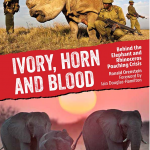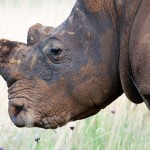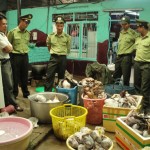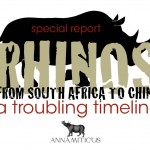![At an event in London, Prince Charles and Prince William called upon world leaders to take action against wildlife trafficking, Photo By Gary M. Stolz, U.S. Fish and Wildlife Service [Public domain], via Wikimedia Commons](https://annamiticus.com/wp-content/uploads/2013/05/African_elephant_high_resolution-500x338.jpg)
Prince Charles and Prince William are calling upon world leaders to place the battle against wildlife trafficking at the top of the global agenda.
At a May 21st, 2013, event in London hosted by HRH The Prince of Wales and the UK government, Prince Charles said: “As a father and a soon-to-be grandfather, I find it inconceivable that our children and grandchildren could live in a world bereft of these animals.” He also warned about the far-reaching effects of the illegal wildlife trade.
It is particularly important at this crucial time to recognize that illegal trade in wildlife is a serious crime that is not only decimating critically endangered species, but is also a pervasive instrument in destabilizing economic and political security. Finding a solution will require people from many different sectors to work together.
He explained that, “Skyrocketing demand – primarily, but not exclusively, from Asia – for ivory, rhino horn and tiger parts, as well as other products, is fuelling this astonishing explosion in poaching.”
The bulk of the intended use is no longer for products that can be classified as traditional medicines. Instead, members of the world’s growing middle class are seeking exotic products that reflect their economic prosperity and status.
The Duke of Cambridge Prince William described wildlife trafficking as “a form of ‘economic sabotage’ of diverse communities in the range states.”
Tackling illegal wildlife trade would bring about numerous benefits – as we have already heard today – in poverty alleviation, the reduction of organised crime and better security.
He pointed out that education is “a crucial part of the solution”.
Education of the next generation of end users is a crucial part of the solution, and I hope that I can help in this regard. I think that the consumer deserves to know that the illegal animal parts’ fashionable and luxurious image is at odds with the barbarity of how these animal parts are obtained.
In March 2013, the following statement by Prince William was aired in Bangkok at the CITES CoP16 meeting:
Meanwhile, China is attempting to refute reports that its ivory market is linked to elephant massacres on the African continent.




